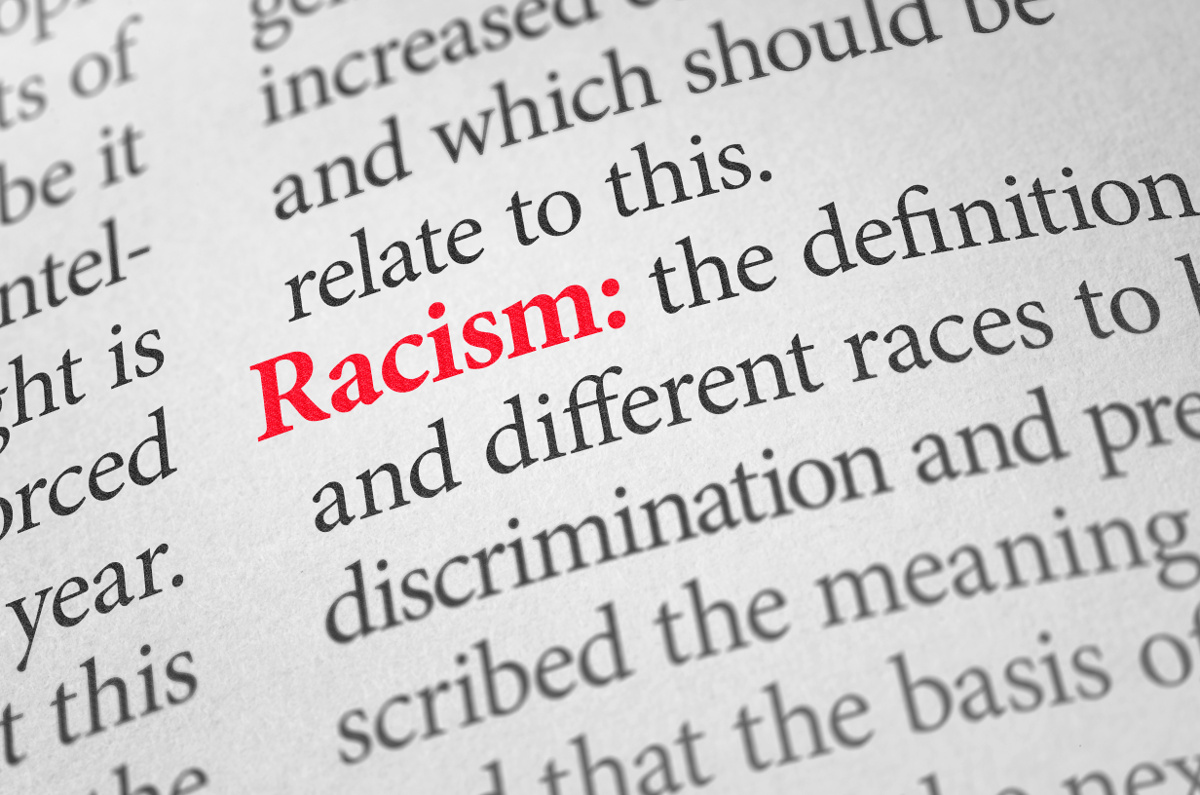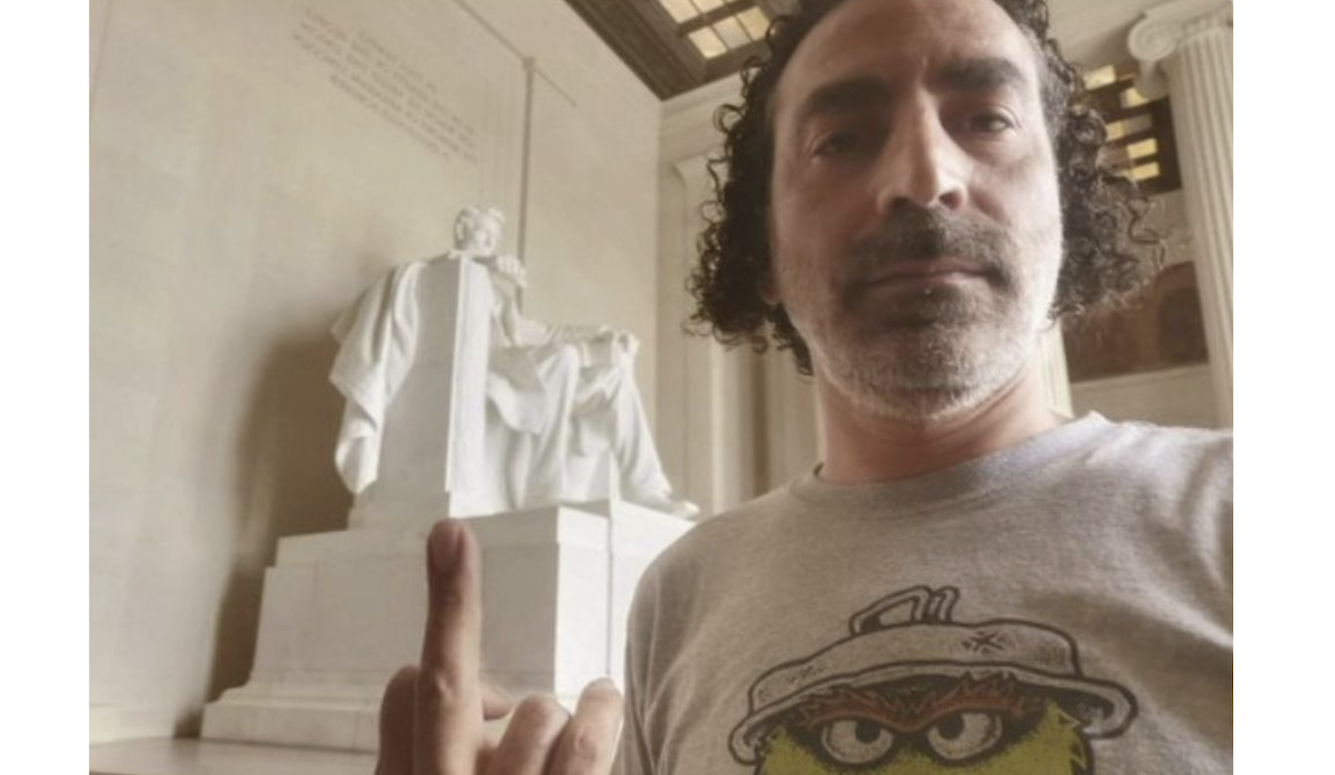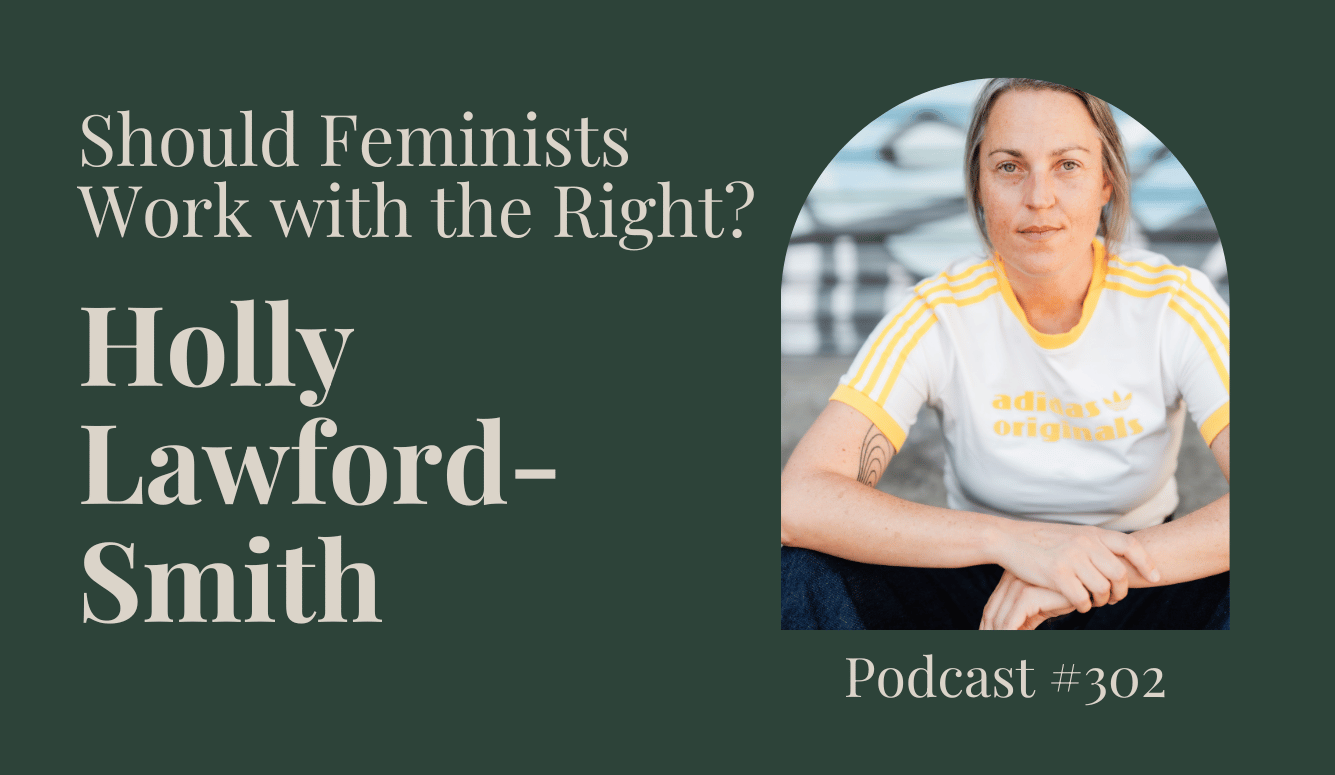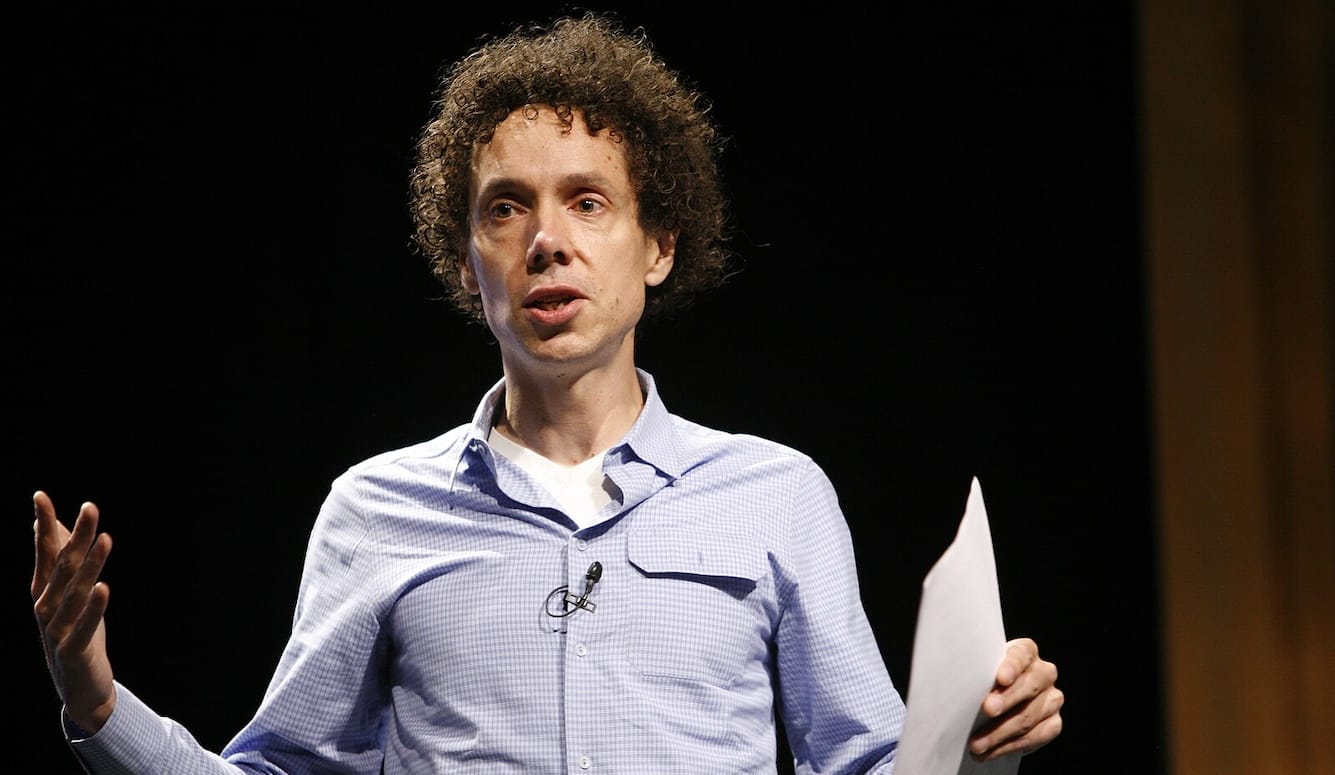Education
When Racism is Disguised as Anti-Racism
The lack of any ideological counterpoise has created a vacuum where ideas have no mechanism or incentive for moderation.

When I started my graduate education at Portland State in 2015 after a long hiatus from academe, I attended an event titled, “Students of Color Speak Out.” The university president encouraged all students, staff and faculty to attend the event, organized in reaction to alleged racial tensions on campus. As a student of color and the gay son of refugee immigrants, the event’s premise interested me.
As I sat in the front, I listened to students detail their daily trauma of existing on a campus that was majority white. Students representing many ethnicities repeatedly shared feeling unsafe. I was confounded because their anecdotes spoke of an experience that sounded similar to those who lived in apartheid-era South Africa or Jim Crow Mississippi — not something I remotely recognized in ultra-progressive Portland. Still, I was sympathetic and recognized that my personal experiences may not be shared by others.
My optimism was challenged once I began to pick up on the theme connecting the speeches. It was the visibility of white students, or more broadly white people themselves, that made the activist students feel unsafe and unwelcome on campus. One speaker said she feared a white gunman would imminently massacre those in attendance. The language and tone of suspicion of others was jarring to the anti-racist activism I was familiar with in my undergraduate and high school days, which sought to unify diverse students through inclusion. In-between and during speeches, students sprinkled in various chants. What I heard was a siren’s song leading us to a culture of racial division and mistrust.

Looking at the event guidelines, I was surprised that white students were explicitly asked to remain silent. Several speakers demanded the president dedicate separate spaces along racial lines in the student union. He later agreed.
Even though the event was billed as a day of anti-racism, what I witnessed was, quite frankly, racism. Until that day, I’d never seen people overtly dehumanized and treated as racialized objects – amplified through the use of words like “bodies” to refer to people of color. I left the event wondering if the sum of my worth was on an identity I was born into.
Since continuing my education, I’ve come to quickly learn that on campuses today, racism no longer means what I understood it to be all my life. According to critical race theorists, who permeate academe and its administration, racism is not ethnic prejudice and discrimination but rather prejudice and institutional power. Because whites have institutionalized privilege, they say it is impossible for them to be victims of racism. In this worldview, I should be alarmed when prejudicial sentiment is hurled at some, but not all, of my peers.
I demurred.
On Tuesday, the student paper at Texas State University published an op-ed telling whites, “Your DNA is an abomination.” The opinion columnist opens by saying he has only met a dozen white people in his life that he would consider “decent.” The opinion columnist wrote: “Ontologically speaking, white death will mean liberation for all … accept this death as the first step toward defining yourself as something other than the oppressor.” He goes on to conclude: “Until then, remember this – I hate you because you shouldn’t exist. You are both the dominant apparatus on the planet and the void in which all other cultures, upon meeting you, die.”
The now-retracted op-ed has launched a national outcry against the paper and the university. The editor-in-chief apologized for its content and the university president condemned it as racist.
Those who are shocked that the author’s odious view made it to print underestimate the pervasiveness of radical social justice ideology in the academy. As I’ve witnessed in 2015 and have seen repeated countless times since then, the lack of any ideological counterpoise has created a vacuum where ideas have no mechanism or incentive for moderation.
In elementary school, I remember when I was taught a valuable lesson on race and identity. One of my teachers pulled out an illustration showing a variety of people engage in various occupations. “What do you see?” she asked us, pointing to a person with a stethoscope. I raised my hand and said: “a black man.” She told me to try again. “Doctor,” I eventually replied. She smiled with a nod. If that lesson was repeated again today, I’m not sure my second answer would be accepted.
Andy Ngo is a journalist and graduate student in political science at Portland State University.






